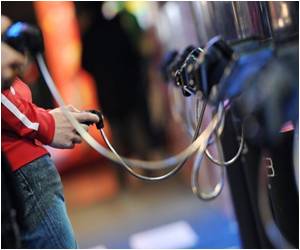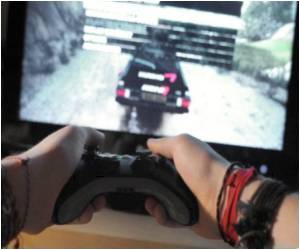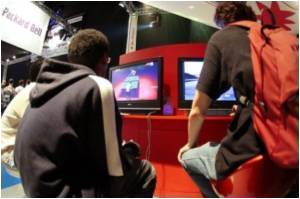
In the study, test participants play a computer game called Hedgewars, in which they manage their own team of animated hedgehogs and in turns shoot the opposing team with ballistic artillery. The goal is to destroy the opposing team's hedgehogs.
The research team varied the amount of competitiveness in the gaming situation: players teamed up against the computer and they were also pinned directly against each other.
The players were measured for facial muscle reactions with facial electromyography, or fEMG, and their brainwaves were measured with electroencephalography, EEG.
Replicating previous studies, we found linkage in the fEMG: two players showed both similar emotions and similar brainwaves at similar times. We further observed a linkage also in the brainwaves with EEG, tells Sovijarvi-Spape.
A striking discovery indicates further that the more competitive the gaming gets, the more in sync are the emotional responses of the players. The test subjects were to report emotions themselves, and negative emotions were associated with the linkage effect.
Advertisement
The results present promising upshots for further study.
Advertisement
Another interpretation suggested by the group is that the physical linkage of emotion may work to compensate a possibly faltering social bond while competing in a gaming setting.
Source-ANI









